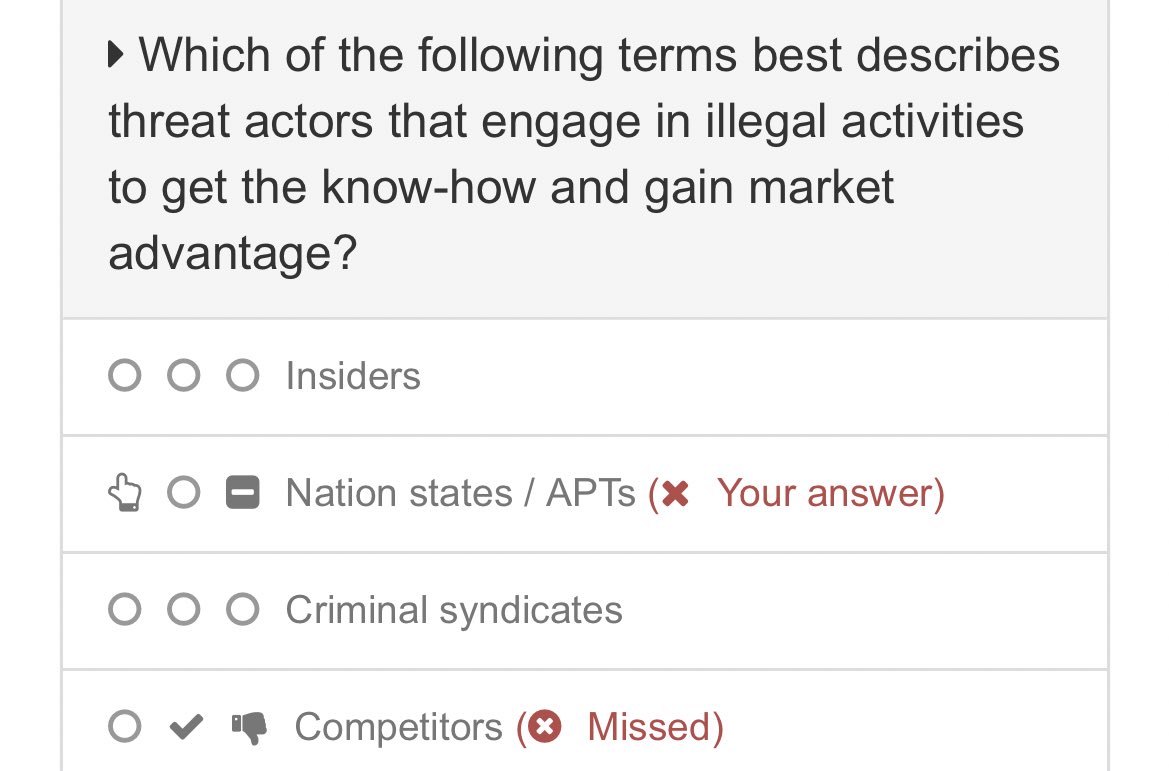
Funny thing about data centers, one of the most connected things on the planet, is you can only see them in-person. Nobody involved can share photos. It's a strong policy taboo everywhere. The justification basis for this is weak, but still just not something ever published.
Google and Microsoft have a few press photos of last-generation dataventers. Some carefully abstracted video segments. Otherwise, nada. One of the most critical pieces of physical infrastructure has no real public existence.
Something I bring up often because it tickles me: The people who work on cloud programming and the people allowed in cloud datacenters are separate workforces. At Microsoft you have less ability to enter them than a customer on a tour. Books of separation of duties requirements.
One time, @markmorow told me that if he chats to an Azure logging PM outside of Teams, both get derezed and families told they tripped into a hot dog machine.
• • •
Missing some Tweet in this thread? You can try to
force a refresh






